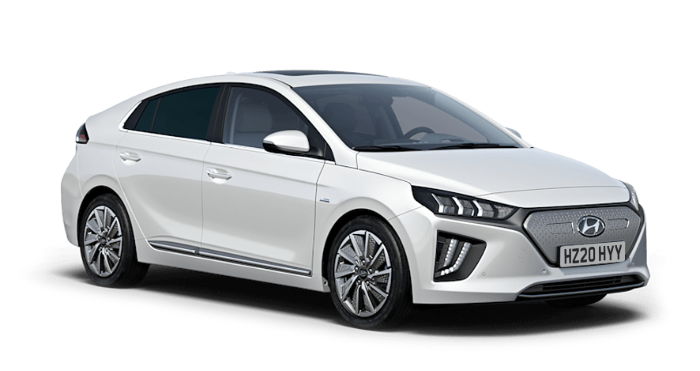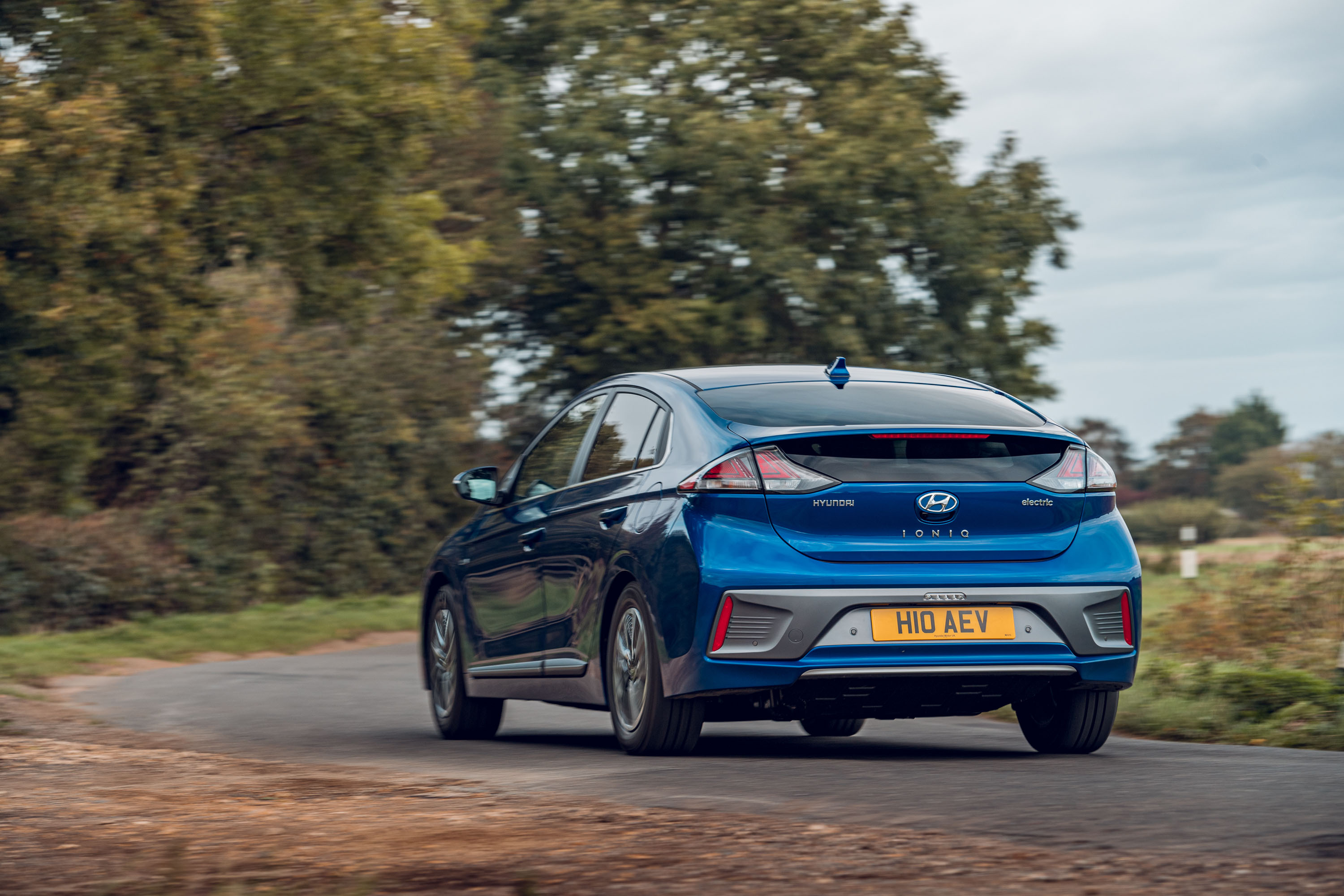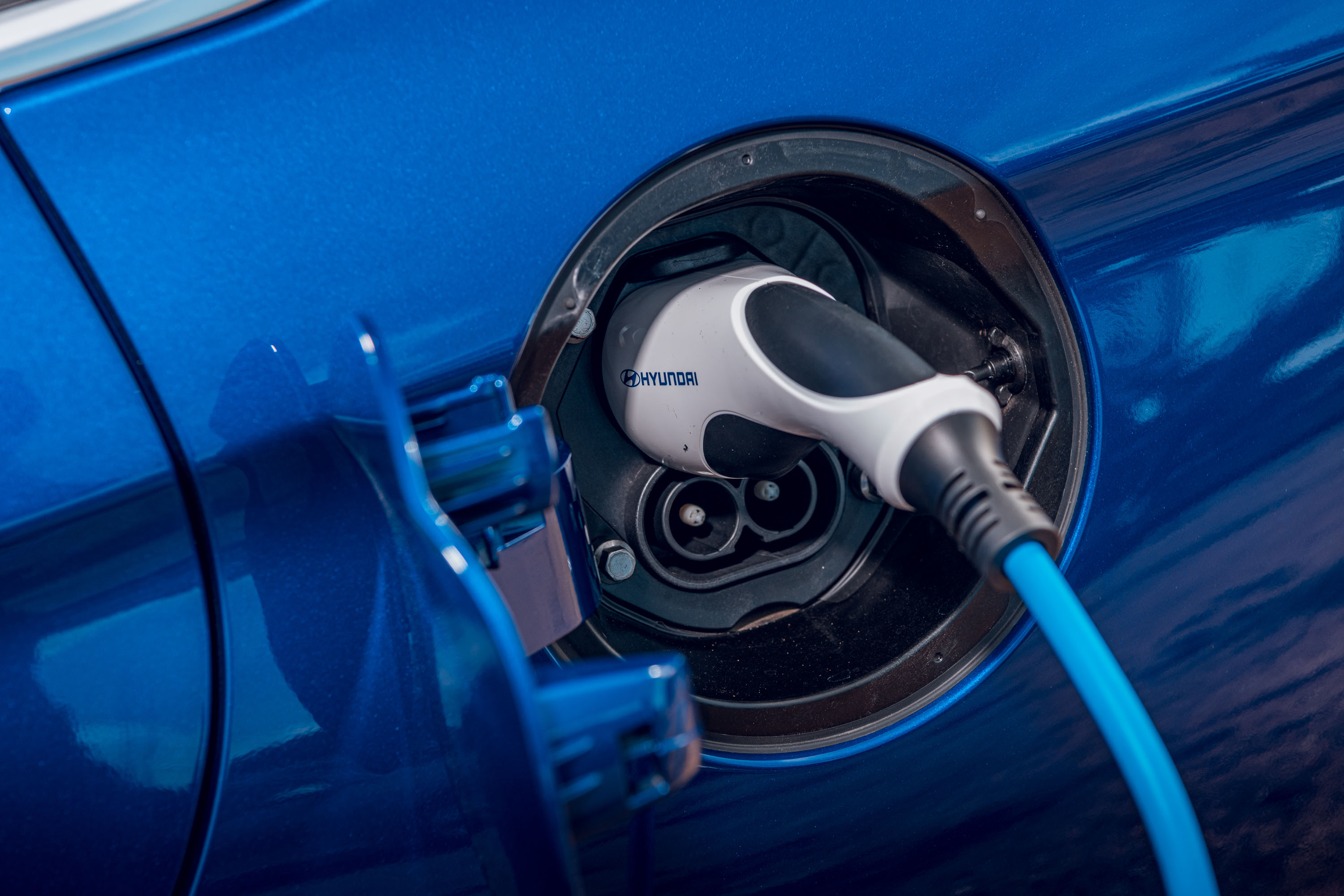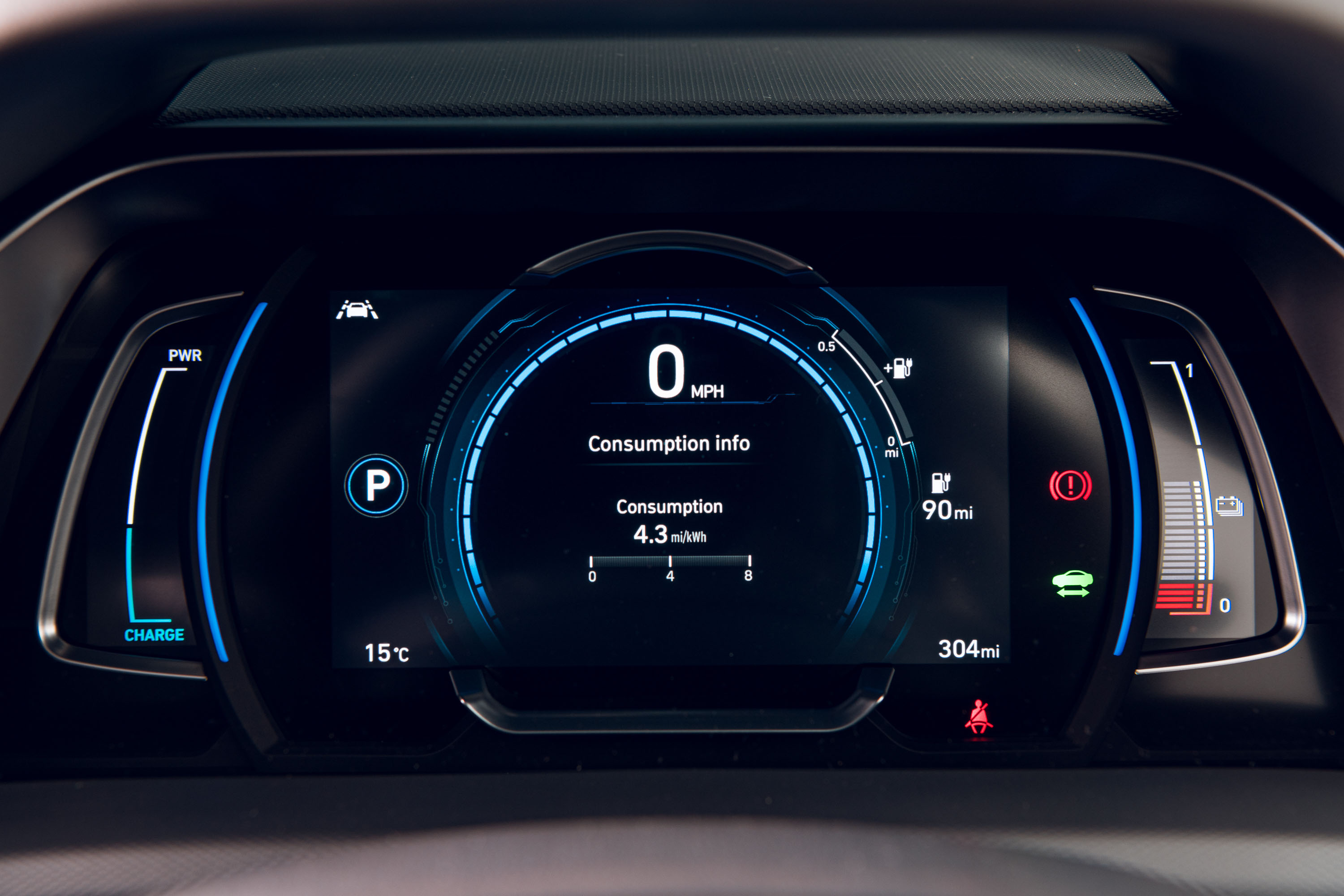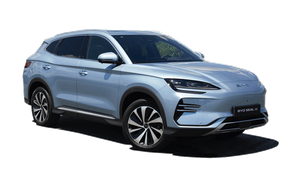Range
To get more official range than the 193 miles offered by the Ioniq, you’ll need to either spend more to get a car like the Nissan Leaf e+ or go a size smaller and choose a supermini such as the Renault Zoe. So, if you need the space of a family car, want a near-200 mile range but don’t want to spend more than £31,000, then the Hyundai is pretty much the only choice.
Hyundai has managed this feat because the Ioniq is more efficient in the way it uses that precious battery power. It has better aerodynamics and smaller wheels to reduce drag, meaning the motor doesn’t need to work so hard to push the car along.
Battery
Hyundai’s 38.3kWh lithium-ion polymer battery sent rivals scurrying back to their drawing boards when it was originally revealed in the Kona mini-SUV a few years ago. Since then there has been a lot of catching up and it no longer seems quite so advanced, especially since Hyundai itself has moved the game on with a 64kWh pack in the Kona.
That said, the Ioniq’s battery is still a decent size and features a built-in heater to improve efficiency in cold weather. Unlike most rivals though, the pack is hidden under the rear seats and boot floor rather than being spread out under the entire passenger compartment. This means it’s not as tall as most EVs.
Charging
One of the advantages of having a smaller battery is that it can be charged faster. A domestic or workplace point will provide a 100% charge in just over six hours, making it easy to make use of cheap night time rates from your energy supplier.
If you want to top up in the middle of a journey or only charge at public points then a DC rapid charger will take the Ioniq to 80% capacity in 57 minutes. It’ll only take a 50 kW feed though, so the newer 100kW and 150kW chargers won’t be any faster.
If you’re really not in a hurry, Hyundai supply an Emergency three-pin connector (a so-called ‘granny charger’) to plug in to a normal domestic socket. It takes 19 hours though!











